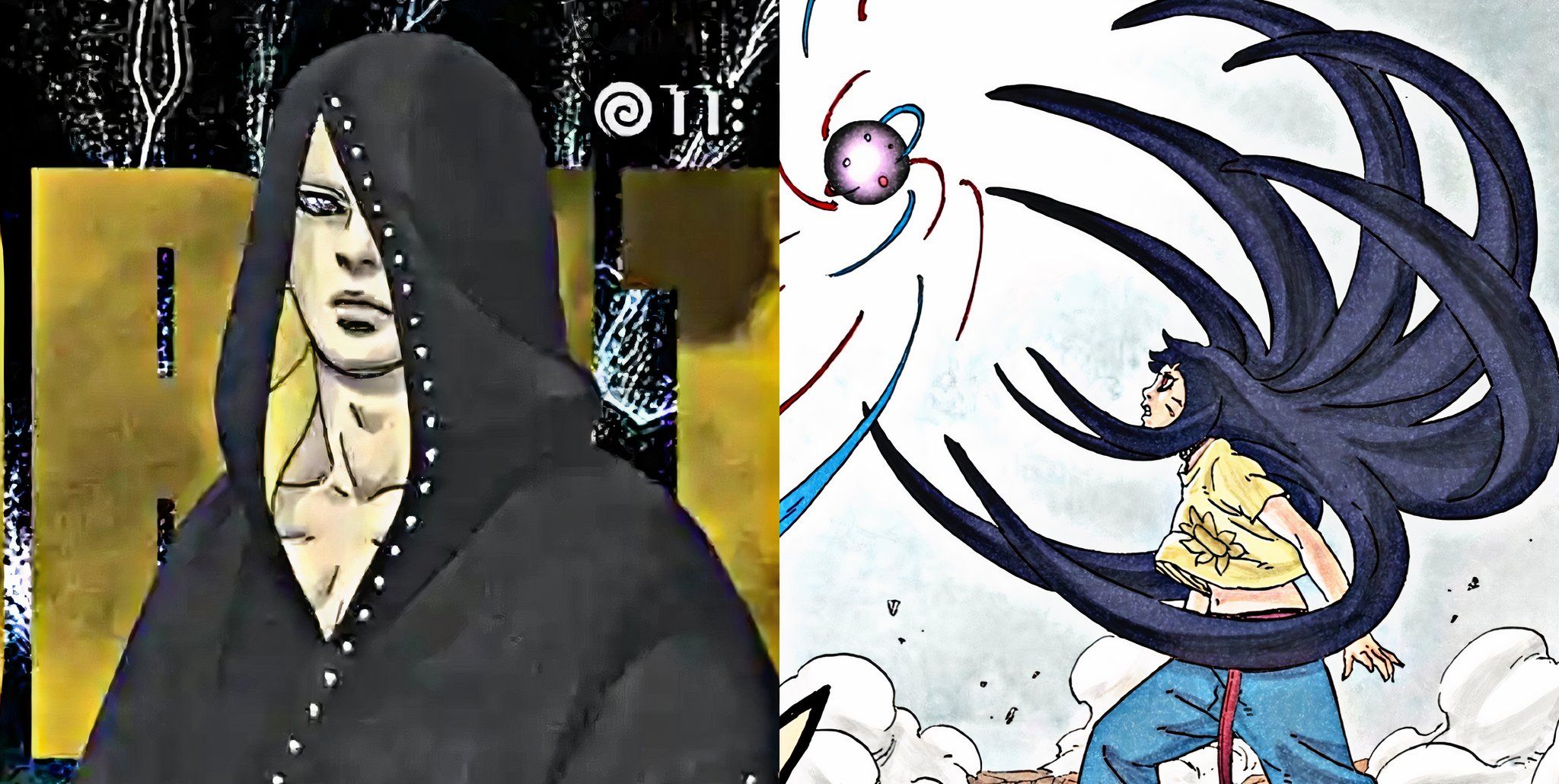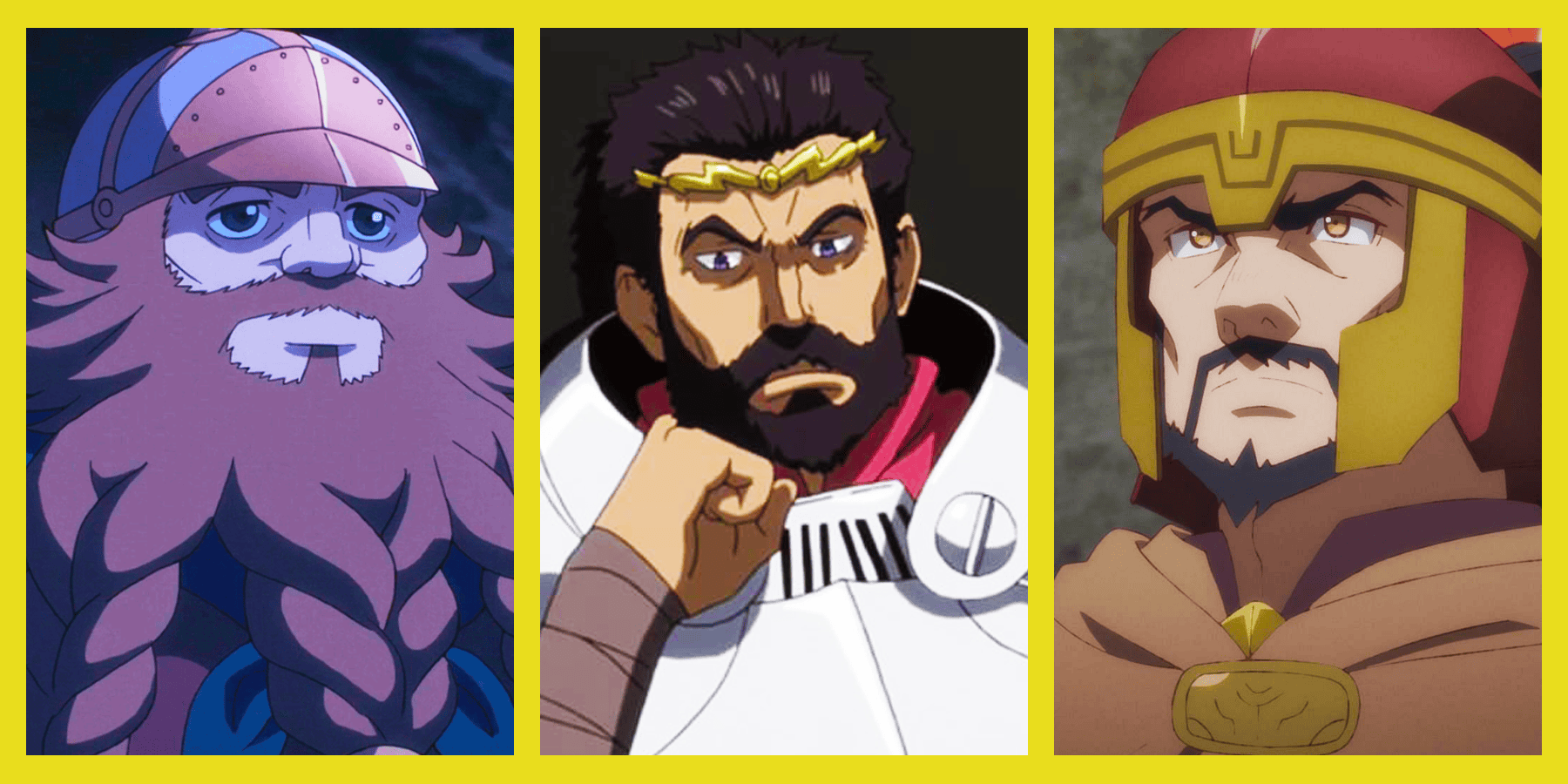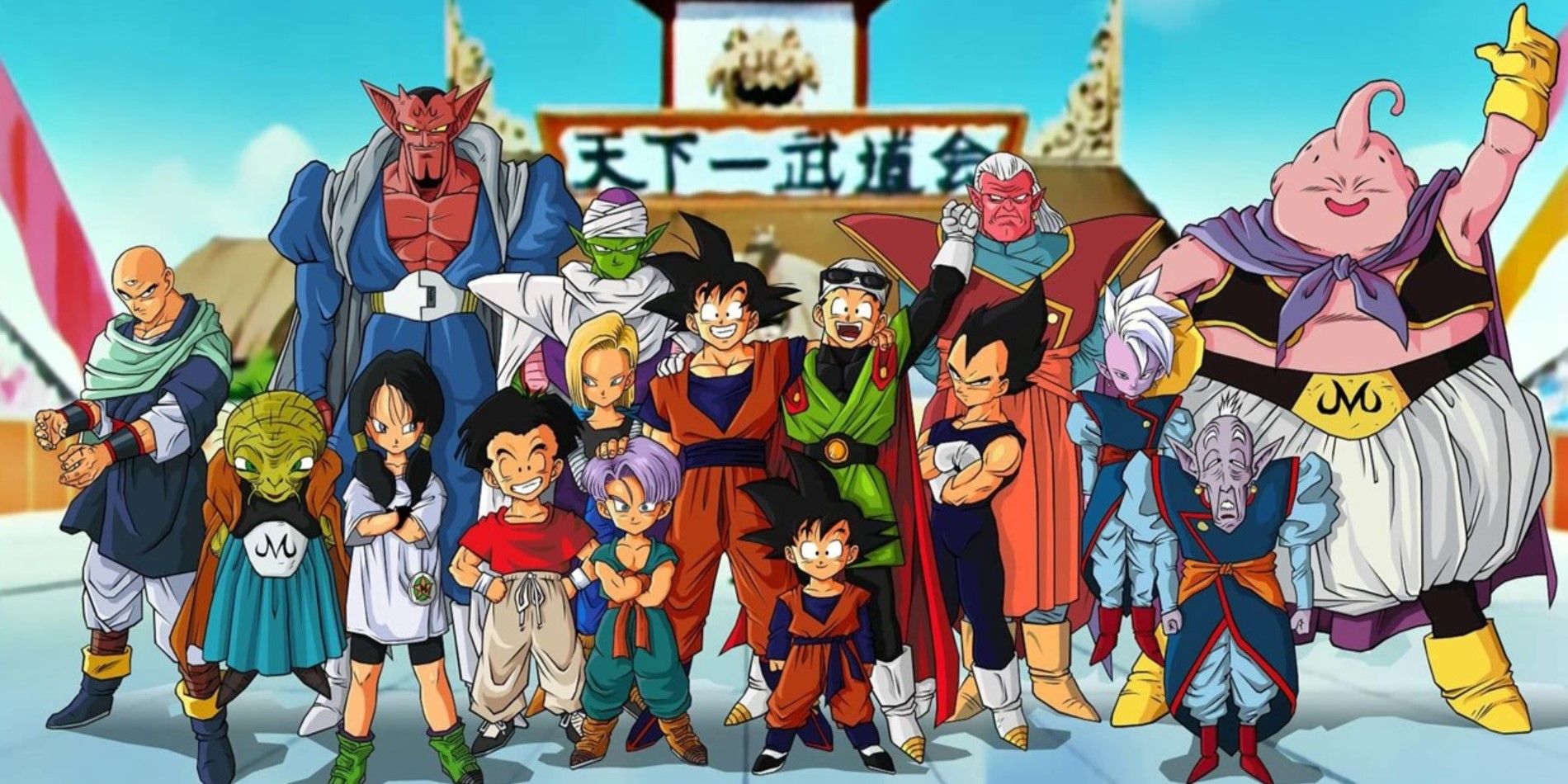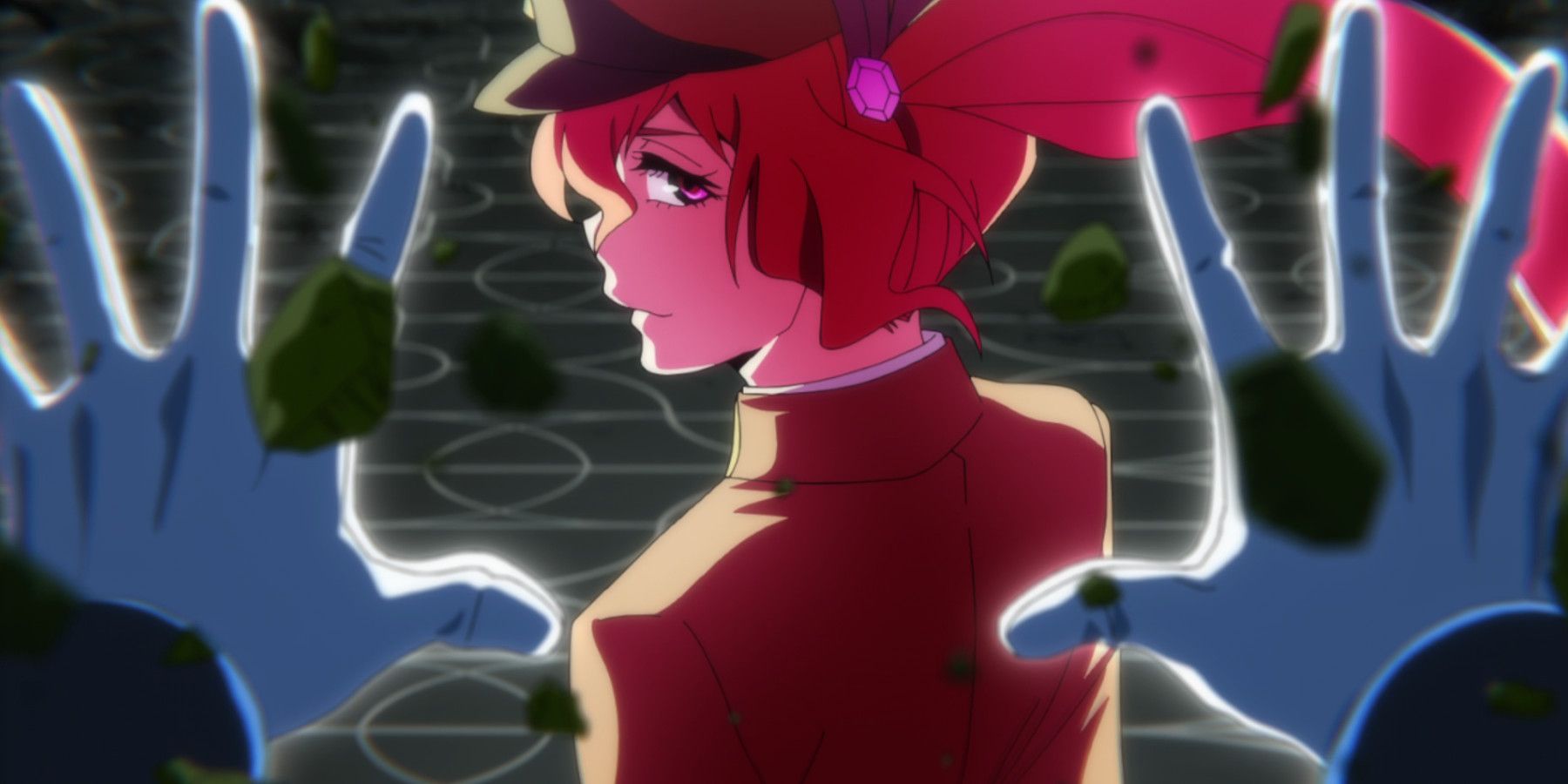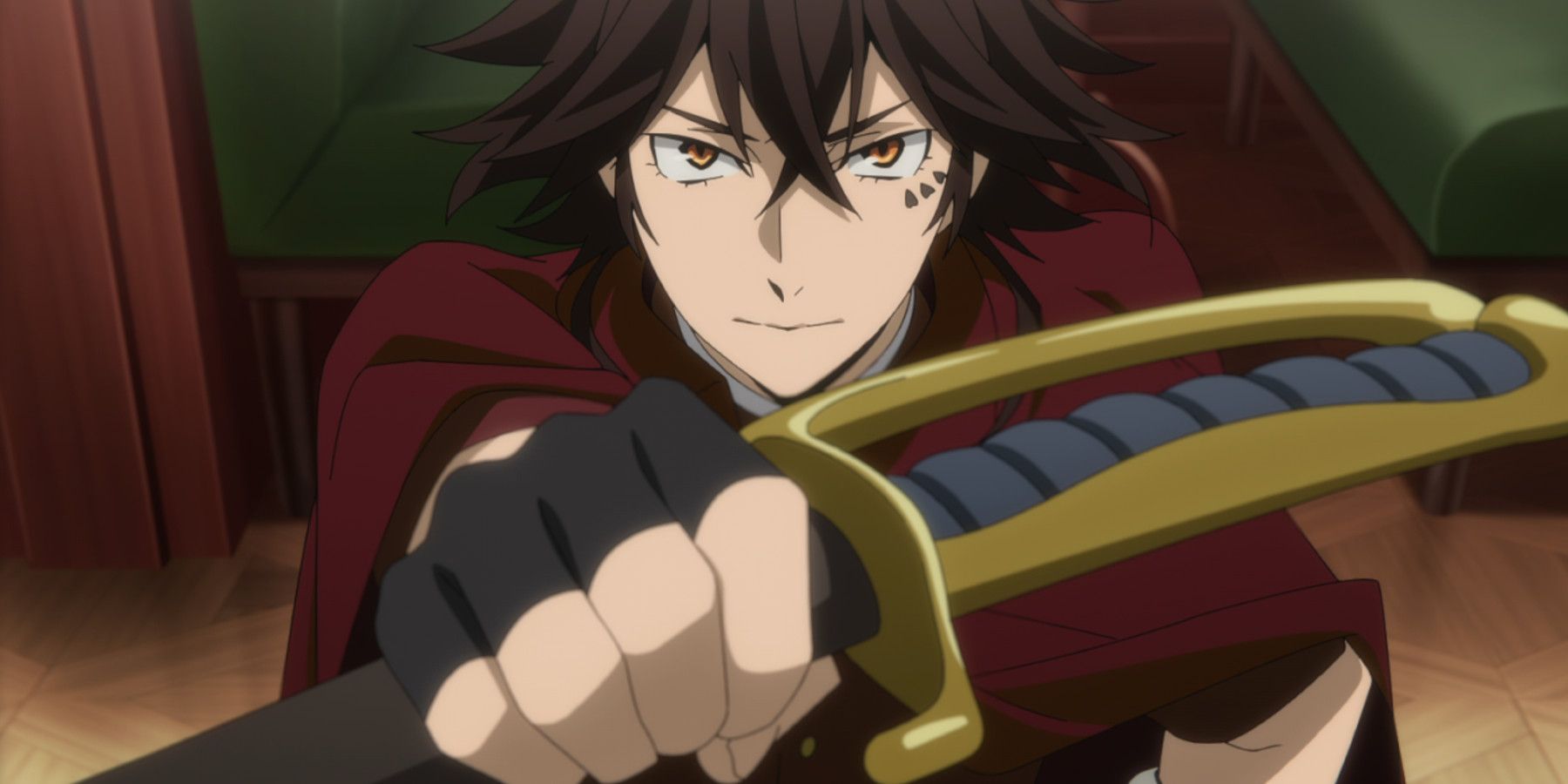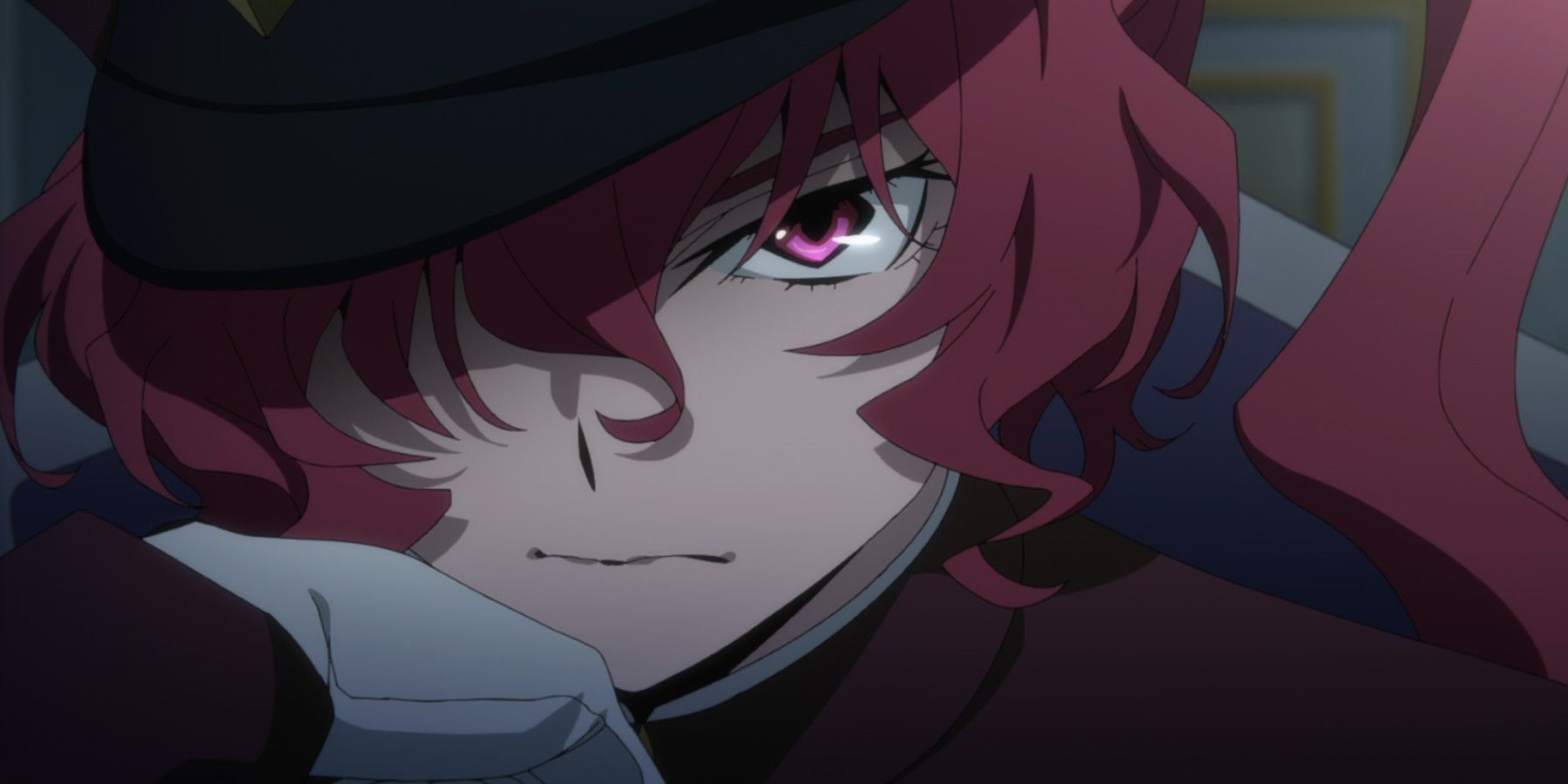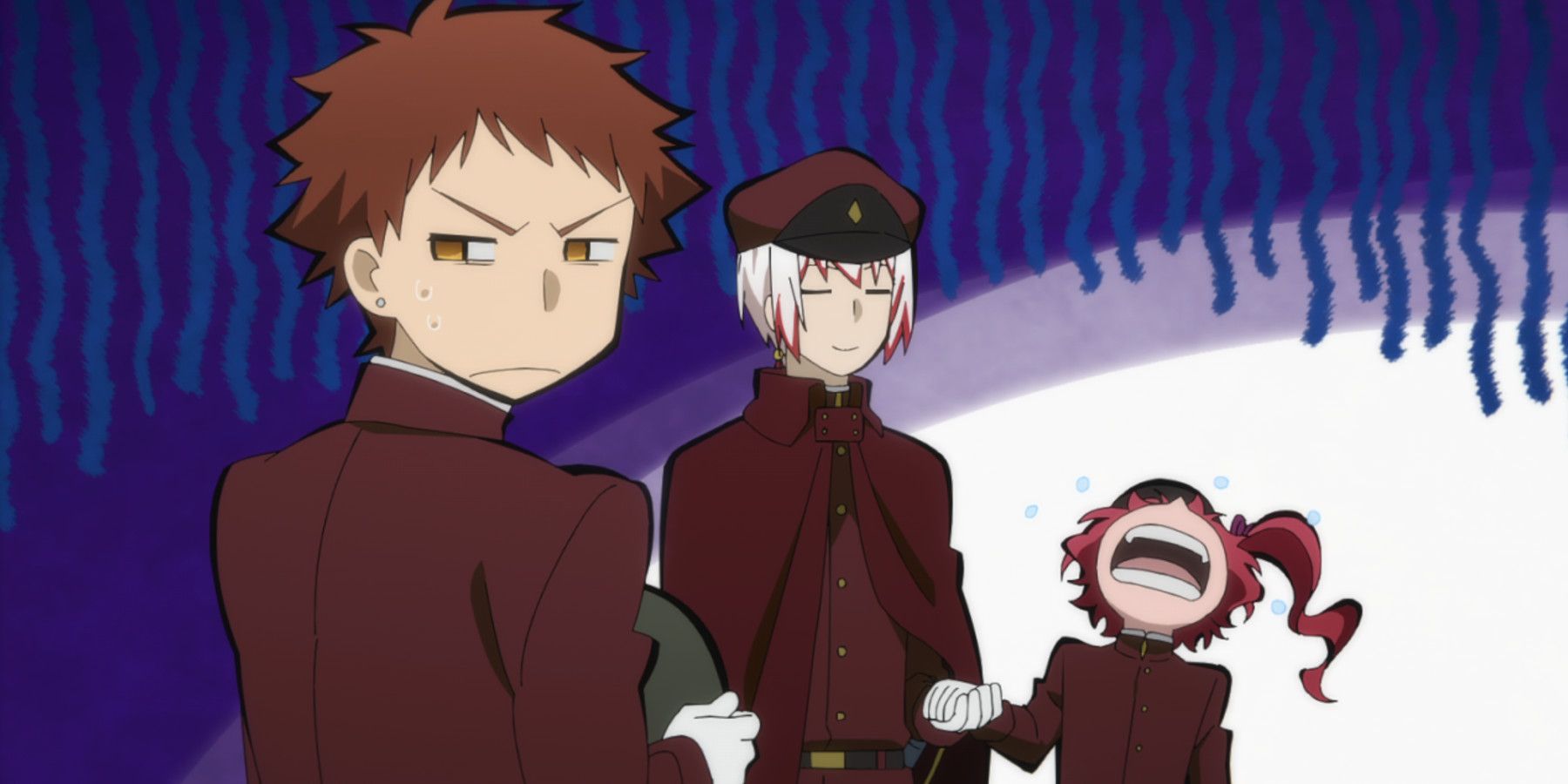Bungo Stray Dogs Season 4 is quickly approaching its finale as of the time of writing, and while this arc has no chance of being resolved this season, what comes next has already been set up nicely. Particularly, the race against time to stop the Decay of Angels, which means the Agency needs to find a way to win over the trust of their pursuers, The Hunting Dogs.
Ever since Episode 44, the Hunting Dogs have loomed in the background, introduced with uproarious flair and more physically intimidating than any past foe. Added to that, the reveal of their fifth member has only further painted them as an intimidating presence that can get to seemingly anyone, but is it impossible for the Agency to convince them that they are innocent?
More Than Meet the Eye
For a team of superhumans, the Hunting Dogs get as cool of an introduction as one could possibly expect, even by the standards already set by Bungo's expansive cast. Their sparse remarks toward one another convey an extensive working relationship and their business-as-usual attitude about such macabre work leaves an impression before the audience has even seen their powers.
It almost makes them seem inhuman, when Jouno and Tetchou assault the Agency's vehicle, wounding all of them and almost killing Yosano, having already written off the main characters as murderers. However, Episode 49, "Bungo Hound Dogs," offers an appreciable insight into the members that gives hope that - at least some of them - could come to be allies.
The scene in Café Uzumaki is fascinating for how it plays with expectations through the scene based on what the characters have already witnessed from these characters. Jouno and Tetchou in Episode 49 give off a completely different impression than in Episode 44 when they debuted, and the two of them being paired up again helps sell this.
On the surface, Jouno is incredibly smart, aided by the intuitions granted him by his superior senses to compensate for his lack of eyesight. He has a friendly demeanor and dislikes unprofessional behavior. However, he is also an effective extractor of information whose devilish grin is haunting as he deduces everything necessary to break through a person's lies. And as Tetchou points out, he seems to derive enjoyment from tormenting people.
Tetchou, on the other hand, first appears to be of value primarily for his combat skill and ludicrously powerful ability, all to compensate for his peculiarities and presumed lack of intelligence. However, Episode 49 goes to show that there is far more to that brooding exterior than sword skills, but the model of a samurai.
He's not merely a brainless drone, but a man who believes in honor and helping those avoid straying from the path of virtue. Whereas Jouno threatens the owner in his pursuit of Lucy's location, Tetchou appeals to his concern for her, adeptly touching upon his reasons for helping her and the validity of them. It's an unexpectedly understanding and forward plea for cooperation.
He even swears upon his life that he will uphold his promises, and it comes off as genuine, as it should. The plan is to convince the Hunting Dogs that the Agency isn't guilty by cooperating to stop a larger threat, but it wouldn't be enough for Atsushi and the gang to simply set them on the path to uncovering evidence as they do. The audience has to believe that there is a chance that the Hunting Dogs aren't just another adversary.
And considering how gruesome the crime they're accused of was, it's no surprise that the Agency would receive such harsh treatment from the most elite force in Japan. In spite of that, Fukuchi doesn't seem to let their accused crimes get in the way of catching up with Fukuzawa over a drink in his cell. He even offers to help him, though their mutual respect has its limits.
Hounds of the Law
If the Decay of Angels arc started as a search for hope, then the Sky Casino arc within it is about figuring out if the Hunting Dogs' sense of justice will be compatible with the Agency's. And there is precedent to be doubtful of their justice, not just based on the attitudes of the Hunting Dogs' members, but the portrayal of the government that controls them.
Last week, I made a point to highlight Ango Sakaguchi's redemption arc and how the portrayal of the government shows that they failed Yokohama countless times. Either through incompetence or dirty deals, they've traded lives in pursuit of protecting the public, something characters like Ango reject wholeheartedly.
The Hunting Dogs appear to represent the apotheosis of the government's strength, especially the darker deeds it performs to keep order. Teruko Okura, while certainly one of the most entertaining members, can take delight in punishing evildoers. In just this episode alone, she cries like a child just because a criminal she was torturing didn't outlast her torture longer.
While obviously, scenes like the aforementioned are a part of the show's darkly outrageous comedy, it nevertheless makes it harder to believe that the Agency can convince them of their innocence. At least, not without a pretty big fight beforehand. More and more, the subtext of the story juxtaposes pre- and post-war philosophies and explores the resulting dichotomies.
In particular, Bungo Stray Dogs likes to draw comparisons between philosophies like Bushido and criticisms of the same, reflected in its characters, who are often based on authors from when the latter critiques were topical. This dichotomy might come to define the conflict between factions in the story to come. But regardless of how it pans out, the Hunting Dogs are some of the best characters added to the story in a long time.
